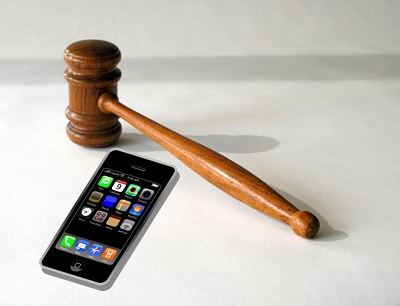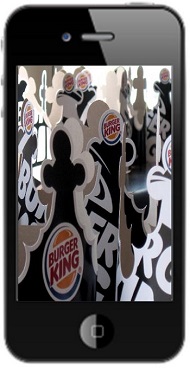The Justice Department has now filed charges, to which the two accused men have pled guilty.
In a historical case in technology news, two men who have been accused of owning a mobile app piracy site for Android devices have now pled guilty to the charges that had been filed against them by the Department of Justice.
This is the first time that the Department of Justice has landed counterfeit application distribution convictions.
This week, Nicholas Anthony Narbone gave his plea of “guilty” to a single count of conspiracy to commit criminal copyright infringement. The second man, Thomas Allen Dye, the “co-conspirator” to Narbone, according to the Department of Justice, also entered his guilty plea, though his was made for the same charge earlier on in March.
Both Narbone and Dye were both overseeing a pirate mobile app distribution site.
Through Appbucket.net, which was labeled an “alternative online market”, authorities have alleged that the two men managed to illegally distribute over 1 million copies of the apps that were each copyrighted. Those illegal downloads would have totaled over $700,000 in value, according to federal prosecutors. Moreover, they were distributed without having received any consent from the developers of those applications.
In 2012, American law enforcement agencies seized two different android piracy websites, one of which was Appbucket. Similar charges have been laid with regards to the SnappzMarket.com website. In that caise Kody Peterson, a 22 year old, is suspected of being the individual behind that market and has had government charges filed against him. That site, which was targeted by federal authorities, is believed to have robbed mobile app development companies of an even larger sum of money.
According to prosecutors, the pirated app distribution that ran from May 2011 to August 2012 led to approximately 1 million downloads which would have been worth an estimated $1.7 million. As Peterson did not receive any mention in the press release that was issued on the subject by the Department of Justice, it can be assumed that the case is likely ongoing.
In the mobile app piracy case involving Narbone (who is 26 years old) and Dye (who is 21 years old), the sentencing will occur on July 8th and June 12th, respectively. Both of those individuals could spend up to 5 years in jail.


